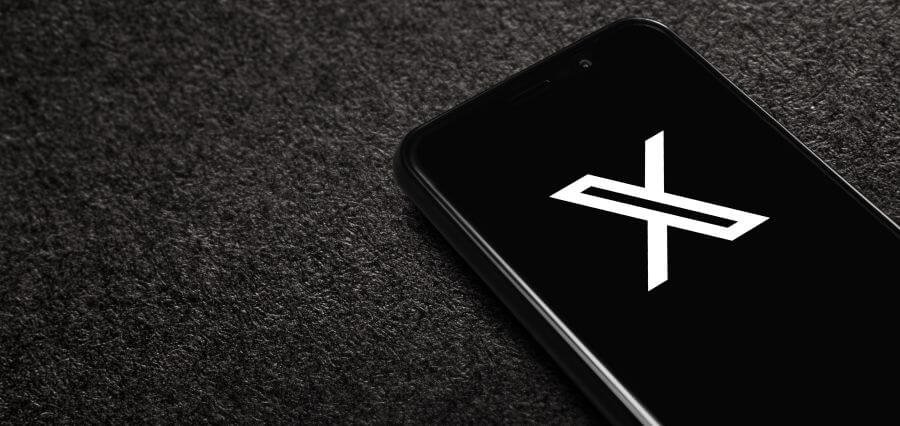The European Commission announced on Wednesday that the EU’s strict competition laws, aimed at maintaining the openness of digital markets, will not apply to tech tycoon Elon Musk’s X platform. This decision reflects an intriguing development in the context of the Elon Musk X EU Competition.
One of the key objectives of the historic European Union regulation is to give consumers additional options, thereby challenging the dominance of the largest digital companies in the world. As part of its Elon Musk X EU Competition strategy, the EU has designated certain tech giants as “gatekeepers,” subject to regulations under the Digital Markets Act (DMA).
As of March, major companies like Alphabet, the parent company of Google, Amazon, Apple, ByteDance (owner of TikTok), Facebook’s Meta, and Microsoft are among those classified as gatekeepers. In May, the EU even included online travel agency booking platforms in this designation.
The Elon Musk X platform claimed to dispute the inclusion, which it said was not an “important gateway” for businesses to get in touch with their target audience. This reaction by the X platform made the EU probe into its denial and come to a great conclusion. The EU’s digital watchdog determined that X does not qualify as a gatekeeper, as “business users do not consider that they are dependent on X” for online consumer outreach.
The Elon Musk X EU Competition scenario is further complicated by the EU’s bolstered legal arsenal to regulate big tech through the DMA. For example, among the more basic goals of this policy is that it supplies the regulators with oversight in advance when firms may interfere with market competition prior to acquiring companies.
Gatekeepers are now also required to give notice to the EU about any move contemplated to acquire a business, whereas, in the past, frustration often occurred because firms would acquire emerging competitors before the firms could pose a threat. A good playing field is ensured by this regulatory framework, a centerpiece of the Elon Musk X EU Competition strategy.
Regulation also mandates choice screens for browsers and search engines, thus improving consumer choice. Despite Elon Musk’s X platform not being under the DMA’s direct scrutiny, it still faces strict content control regulations and potential penalties.
A preliminary ruling by the EU in July found that X was misleading consumers with its blue checkmarks for certified accounts, a violation of the Digital Services Act (DSA). As part of the Elon Musk X EU Competition landscape, the EU is conducting a comprehensive investigation into X under the DSA, scrutinizing the platform’s response to the dissemination of illicit content and information manipulation.
The commission holds the authority to penalize a service provider up to 6% of their annual global turnover for each violation. As Elon Musk’s X EU Competition strategy evolves, it highlights the ongoing tensions between regulatory frameworks and the operations of tech giants.








